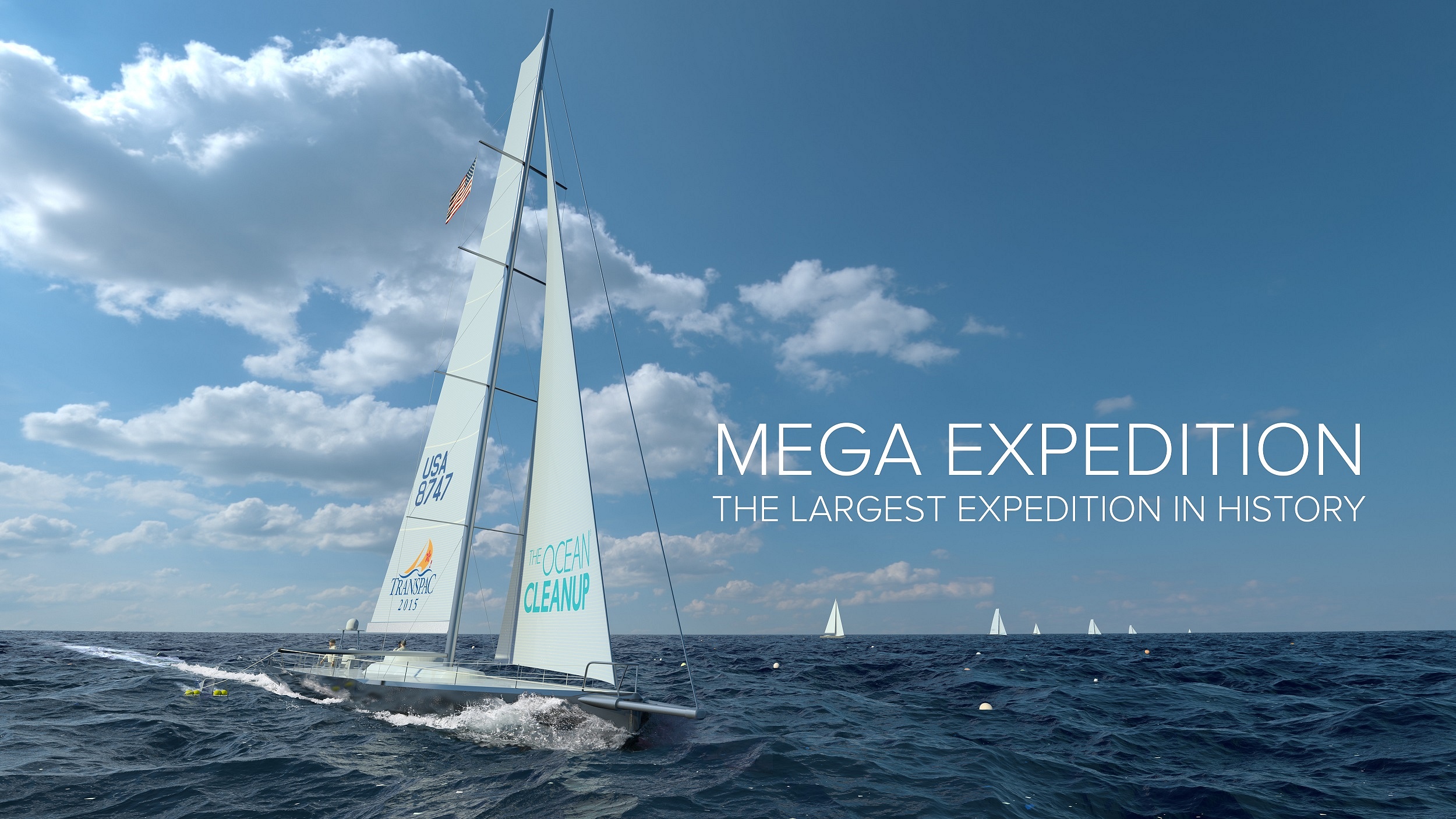Ocean Cleanup, founded by former TU Delft student Boyan Slat, announced an expedition to search for plastic in the Pacific Ocean in August this year.
Up to 50 sailing ships will cover a square area between California and Hawaii in parallel tracks while looking out for floating plastic debris. Large stuff will be photographed and geo-tagged by smartphone, while small bits will be caught in a narrow trawling net behind the boat. A video shows the launch of a prototype. The idea behind the Mega Expedition is to create a high-resolution map of plastic on 3,500,000 km2 of ocean in three weeks. “When you want to clean the oceans, it is important to know how much plastic is out there. Right now, estimates vary orders of magnitude, due to the small number of measurements, which have been taken over very long period,” said Slat. He will use the resulting map to prepare the launch of his passive clean up technology to be launched next year. Skippers and vessel owners are welcome to join.



Comments are closed.